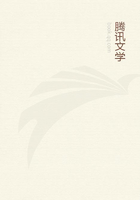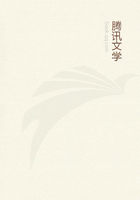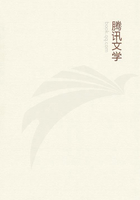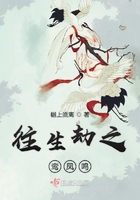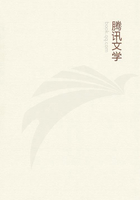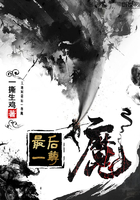It was planned that the Bureau should have a brief existence, but the institution and its wards became such important factors in politics that on July 16, 1866, after a struggle with the President, Congress passed an act over his veto amplifying the powers of the Bureau and extending it for two years longer.This continuation of the Bureau was due to many things: to a belief that former slaveholders were not to be trusted in dealing with the Negroes; to the baneful effect of the "Black Laws" upon Northern public opinion; to the struggle between the President and Congress over reconstruction; and to the foresight of radical politicians who saw in the institution an instrument for the political instruction of the blacks in the proper doctrines.
The new law was supplementary to the Act of 1865, but its additional provisions merely endorsed what the Bureau was already doing.It authorized the issue of medical supplies, confirmed certain sales of land to Negroes, and provided that the promises which Sherman made in 1865 to the Sea Island Negroes should be carried out as far as possible and that no lands occupied by blacks should be restored to the owners until the crops of 1866 were gathered;it directed the Bureau to cooperate with private charitable and benevolent associations, and it authorized the use or sale for school purposes of all confiscated property; and finally it ordered that the civil equality of the Negro be upheld by the Bureau and its courts when state courts refused to accept the principle.By later laws the existence of the Bureau was extended to January 1, 1869, in the unreconstructed States, but its educational and financial activities were continued until June 20, 1872.
The chief objections to the Bureau from the conservative Northern point of view were summed up in the President's veto messages.The laws creating it were based, he asserted, on the theory that a state of war still existed;there was too great a concentration of power in the hands of a few individuals who could not be held responsible; with such a large number of agents ignorant of the country and often working for their own advantage injustice would inevitably result; in spite of the fact that the Negro everywhere had a status in court, arbitrary tribunals were established, without jury, without regular procedure or rules of evidence, and without appeal; the provisions in regard to abandoned lands amounted to confiscation without a hearing; the Negro, who must in the end work out his own salvation, and who was protected by the demand for his labor, would be deluded into thinking his future secure without further effort on his part; although nominally under the War Department, the Bureau was not subject to military control; it was practically a great political machine; and, finally, the states most concerned were not represented in Congress.
The Bureau was soon organized in all the former slaveholding States except Delaware, with general headquarters in Washington and state headquarters at the various capitals.General O.O.Howard, who was appointed commissioner, was a good officer, softhearted, honest, pious, and frequently referred to as "the Christian soldier." He was fair-minded and not disposed to irritate the Southern whites unnecessarily, but he was rather suspicious of their intentions toward the Negroes, and he was a believer in the righteousness of the Freedmen's Bureau.He was not a good business man; and he was not beyond the reach of politicians.At one time he was seriously disturbed in his duties by the buzzing of the presidential bee in his bonnet.The members of his staff were not of his moral stature, and several of them were connected with commercial and political enterprises which left their motives open to criticism.
The assistant commissioners were, as a rule, general officers of the army, though a few were colonels and chaplains.* Nearly half of them had during the war been associated with the various attempts to handle the Negro problem, and it was these men who shaped the organization of the Bureau.While few of them were immediately acceptable to the Southern whites, only ten of them proved seriously objectionable on account of personality, character, or politics.
Among the most able should be mentioned Generals Schofield, Swayne, Fullerton, Steedman, and Fessenden, and Colonel John Eaton.The President had little or no control over the appointment or discipline of the officials and agents of the Bureau, except possibly by calling some of the higher army officers back to military service.
* They numbered eleven at first and fourteen after July 1866, and were changed so often that fifty, in all, served in this rank before January 1, 1869, when the Bureau was practically discontinued.
As a result of General Grant's severe criticism of the arrangement which removed the Bureau from control by the military establishment, the military commander was in a few instances also appointed assistant commissioner.Each assistant commissioner was aided by a headquarters staff and had under his jurisdiction in each state various district, county, and local agents, with a special corps of school officials, who were usually teachers and missionaries belonging to religious and charitable societies.The local agents were recruited from the members of the Veteran Reserve Corps, the subordinate officers and non-commissioned officers of the army, mustered-out soldiers, officers of Negro troops, preachers, teachers, and Northern civilians who had come South.As a class these agents were not competent persons to guide the blacks in the ways of liberty or to arbitrate differences between the races.

